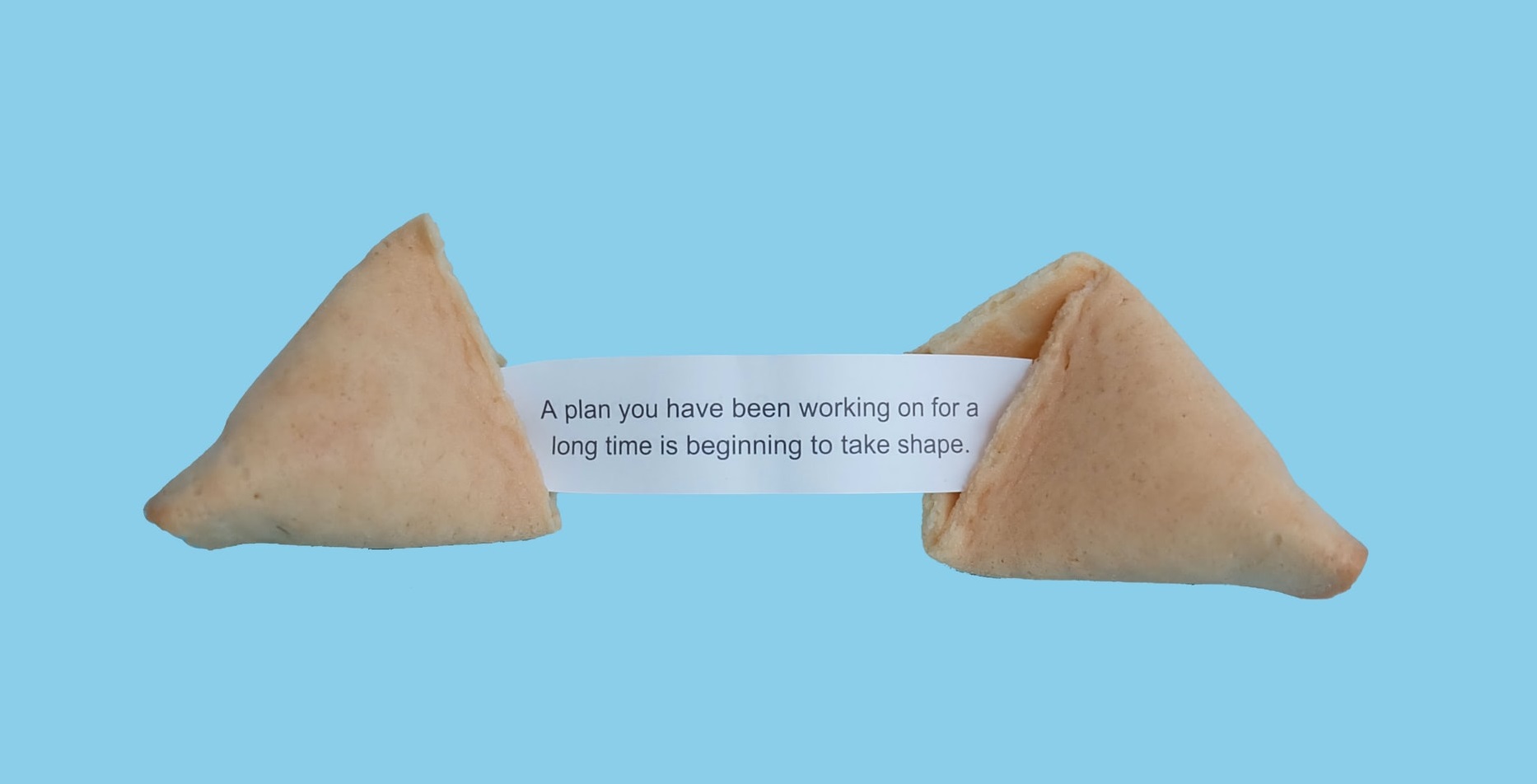As with most questions related to editing, the answer to this is, I’m sorry to say, that it depends.
What will a publisher do?
If your work is accepted for publication, the publishers will likely take it through the editing process for you (in my experience, they actually prefer to, so that the manuscript is edited and formatted to their house style). This means that authors won’t have to bear the cost of hiring a freelance editor – it can, after all, be quite an expensive process, especially for longer books.
When a work is accepted by a publishing house, there are several editorial stages that the manuscript (MS) may be put through:
- stage 1, a developmental edit: the author is offered ‘big picture’ feedback that focuses on the overall shape of the book (narrative point of view, plot, pace, structure and so on).
- stage 2, copy and/or line edit: once the author has implemented that feedback, then an in-house editor, or a freelancer that the publisher has hired, will work closely with the author, moving through the book together to smooth everything out and work on the clarity, flow and readability of the work. They will also look at spelling, punctuation, grammar and consistency.
- stage 3, proofreading: this comes when the book is set (when the raw text file is ‘set’ into specialist design software to produce a print- or eBook-friendly file). The proofreader works to catch any missed spelling, punctuation or grammar errors and flags up any issues with the book’s setting or layout.
- stage 4 (optional), final read: if a proofread is particularly involved and the MS heavily marked up, a publisher may also put the text though a final read, which is like an additional proofread with a fresh pair of eyes.
It is worth mentioning that not all publishers take the book through all these stages as, once again, it depends … on whether the publisher has the budget or on whether the editorial team think that the MS needs a specific stage or not. But with so many levels of intervention, it is unlikely that an author would need a full edit before submitting to agents/publishers.
Trying to get past the ‘slush pile’
Of course, there is that tricky problem of getting the publisher to accept your manuscript in the first place, which is where a pre-submission edit might prove worthwhile. I maintain that it’s best to present your strongest work when you submit to publishers (you really only get one shot to get past the ‘slush pile’!)
If you are confident in your ability to plot a story arc, or write compelling characters, but you worry that your sentence structure or grammar might hold you back, then a copyedit could be invaluable. Conversely, if you are sure your line-by-line writing is solid, but you have gone as far as you can with your story development, and worry about those remaining plot holes, then a developmental edit may be for you.
The key thing is to familiarise yourself with the various types of editorial intervention available, and the different stages of the publishing process in order to make an informed decision that is best for you.
What are my problem areas?
But how might you know what your problem areas are? It can be tough when you are starting out to identify these and, after all, you can’t fix something if you don’t know that it’s broken.
More importantly, it would be a shame to develop things out of order. You may think you are ready to go straight to a copyedit, but there is no point in fine-tuning the grammar and punctuation if there are still scenes to be fleshed out or characters to be developed (or culled if they are just not pulling their narrative weight!) That would be like painting the wall before you plaster it.
One option is to enlist the help of a beta-reader. Ask someone you know and trust to give unbiased and constructive feedback – whether that is a friend, family member or a creative writing peer – and ask them to read through your MS and let you know what isn’t (and, equally important, what is) working in your book. This can help you decide what areas to focus on.
Another alternative is to opt for a manuscript assessment. An editor will review your book and identify any strengths and weaknesses. They will try to poke holes in the plot and identify any areas in which your writing may need work. It’s not designed to be a fix, no corrections will be made directly to your MS and you will still need to do the work to get it into shape if it needs it, but it will show you how to move forward so that you can do the fine-tuning before you submit.
You learn something new every day …
The important thing to remember is that you should try to learn as much as possible about the process, your writing style, and any potential bad habits you may have, from your beta-read and/or editing experience. If your writing requires a lot of intervention, and you rely solely on your editor to do the work, then your publisher may get a surprise when they receive your next, unedited manuscript!
Photograph by Michael Dziedzic, Unsplash









